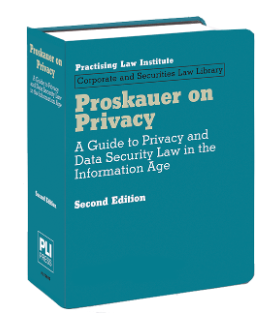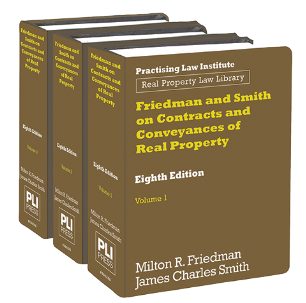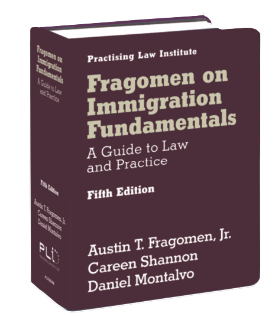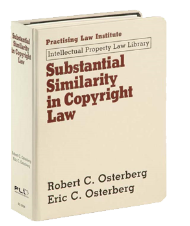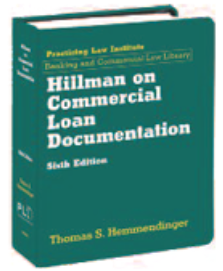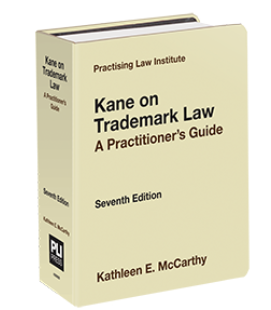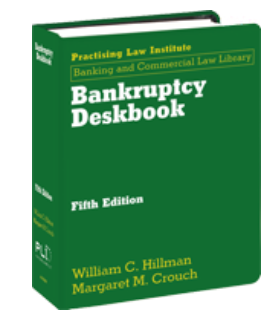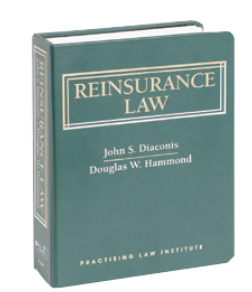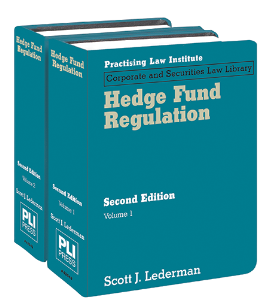
Hedge Fund Regulation (Second Edition) provides a comprehensive understanding of hedge funds, from their history and investment strategies to the legal and compliance considerations affecting their structuring, management and market activities. It examines all aspects of these innovative investment vehicles and addresses current regulatory concerns that impact hedge funds, their managers and investors. Updated regularly to keep current with regulatory and enforcement developments, this book is designed to guide practitioners in structuring, organizing, and managing hedge funds.
The new release includes updates to the following chapters:
- Chapter 23 addresses the SEC’s new “Dealer Rules” that expands the reach of dealer regulation to managers and funds deemed to be market liquidity providers.
- Chapter 24 covers the revised requirements for filings under sections 13(d) and 13(g) of the Exchange Act as well as related SEC guidance on the applicability of beneficial ownership to cash-settled derivative securities and the parameters of group status. Added sections addressing new Form N-PX “say on pay” filing obligations and Short Position and Stock Lending Reporting.
- Chapter 25 discusses revisions to the FSOC’s Guidance on Nonbank Financial Company Determinations and its related Analytic Framework for Financial Stability Risk Identification, which alter the considerations to be used to assess the SIFI status of nonbank financial companies.
Order a print copy today.
PLI PLUS subscribers can access this title through their subscription.
